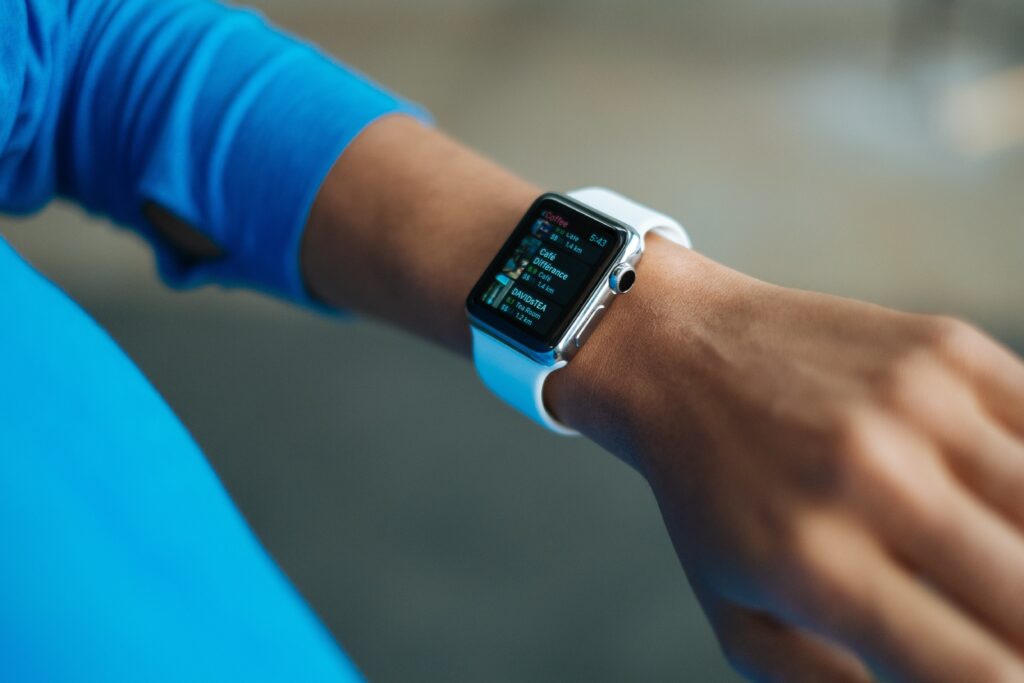The Impact of AI in Healthcare
Introduction
Artificial Intelligence (AI) has emerged as a transformative force in the field of healthcare, revolutionizing the way medical professionals diagnose, treat, and manage diseases. With the ability to process vast amounts of data quickly and accurately, AI technologies have the potential to enhance patient care, improve outcomes, and reduce healthcare costs. In this article, we will explore the profound impact of AI in healthcare and how it is reshaping the industry. The Impact of AI in Healthcare
1.Improved Diagnostics
AI-powered diagnostic tools have proven to be invaluable in the early detection of diseases. Machine learning algorithms can analyze medical images, such as X-rays, MRIs, and CT scans, with remarkable precision. This not only reduces the risk of misdiagnosis but also enables healthcare providers to detect diseases in their early stages when treatment is most effective. For example, AI algorithms have shown great promise in identifying cancerous tumors and abnormalities in medical images.
2.Personalized Treatment Plans
AI-driven predictive analytics can help create personalized treatment plans for patients. By analyzing a patient’s medical history, genetic data, and other relevant information, AI can recommend the most effective treatment options tailored to the individual. This approach ensures that patients receive treatments that are more likely to succeed, reducing the likelihood of adverse reactions and improving overall outcomes.
3.Enhanced Drug Discovery
Drug discovery is a time-consuming and expensive process. AI has the potential to significantly accelerate this process by analyzing vast datasets of chemical compounds and predicting which ones are most likely to be effective in treating specific diseases. This not only reduces the cost of drug development but also opens the door to the discovery of novel treatments for previously incurable diseases.
4.Remote Monitoring and Telemedicine
The rise of telemedicine has been further accelerated by AI. Remote monitoring devices equipped with AI can continuously collect and analyze patient data, alerting healthcare providers to any concerning trends or anomalies. This technology enables patients to receive ongoing care from the comfort of their homes, reducing the burden on healthcare facilities and improving access to medical services, especially in underserved areas.
5.Administrative Efficiency
AI can streamline administrative tasks in healthcare, reducing paperwork and administrative overhead. Natural language processing (NLP) algorithms can automate medical coding and billing processes, reducing errors and ensuring that healthcare providers are accurately reimbursed for their services. This, in turn, can lead to cost savings and improved resource allocation.
6.Predictive Analytics for Disease Outbreaks
AI can play a crucial role in predicting disease outbreaks by analyzing data from various sources, such as social media, search engine queries, and healthcare records. By identifying early warning signs, AI can help public health agencies and healthcare providers take proactive measures to contain the spread of diseases, as demonstrated during the COVID-19 pandemic.
The Impact of AI in Healthcare
The impact of AI in healthcare is undeniable, as it continues to transform the industry in numerous ways. From improving diagnostics and treatment plans to accelerating drug discovery and enhancing administrative efficiency, AI is helping healthcare providers deliver better care to patients while reducing costs. As AI technology continues to advance, its potential to revolutionize healthcare and save lives is bound to grow, making it one of the most promising developments in the field of medicine.
7.Enhanced Data Security and Privacy
As the healthcare industry increasingly relies on digital records and interconnected systems, the need for robust data security and privacy measures becomes paramount. AI can bolster cybersecurity efforts by identifying potential threats and vulnerabilities in real-time. Machine learning algorithms can also help healthcare organizations detect and prevent data breaches, ensuring that sensitive patient information remains confidential and protected.
8.Improved Workflow and Resource Allocation
AI-driven solutions can optimize hospital workflows and resource allocation. For example, predictive analytics can forecast patient admissions and discharges, enabling hospitals to allocate staff and resources more efficiently. Additionally, AI-powered chatbots and virtual assistants can handle routine administrative tasks, allowing healthcare professionals to focus on patient care.
9.Patient Engagement and Education
AI can enhance patient engagement and education by providing personalized health information and recommendations. Chatbots and mobile apps can deliver timely reminders for medication, appointments, and follow-up care. Furthermore, AI-powered virtual health assistants can answer patient questions, offer guidance on managing chronic conditions, and provide valuable health information, empowering individuals to take a more active role in their own well-being.
10.Ethical Considerations and Regulatory Challenges
While the potential benefits of AI in healthcare are vast, they come with ethical considerations and regulatory challenges. Ensuring the responsible use of AI in healthcare requires addressing issues related to data privacy, bias in algorithms, and transparency in decision-making processes. Healthcare organizations and policymakers must work together to establish clear guidelines and regulations that promote the ethical and equitable deployment of AI technologies.
The Impact of AI in Healthcare
In conclusion, the impact of AI in healthcare is multifaceted and continues to evolve rapidly. From improving diagnostics and treatment to enhancing data security and patient engagement, AI is reshaping the healthcare landscape in profound ways. As the industry harnesses the full potential of AI while addressing ethical and regulatory concerns, we can anticipate even greater advancements in patient care, disease prevention, and healthcare accessibility in the years to come. The collaboration between healthcare professionals, researchers, and technology experts will play a crucial role in unlocking the full potential of AI to benefit both patients and healthcare providers.

